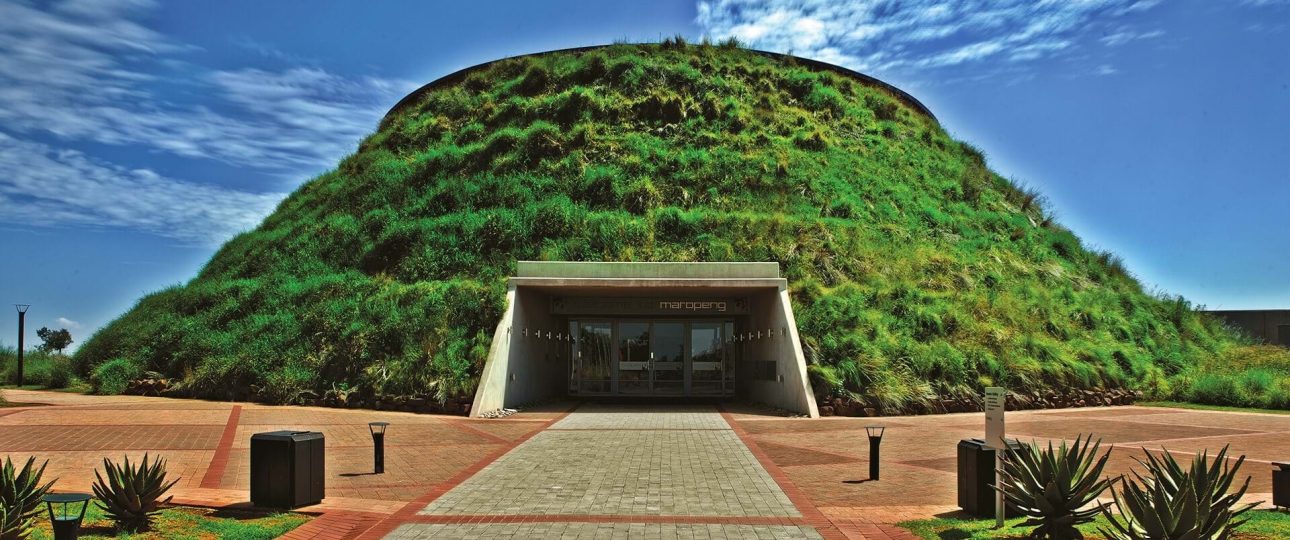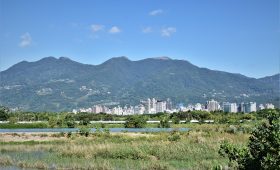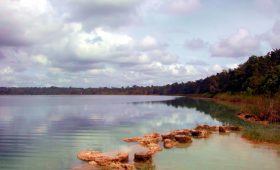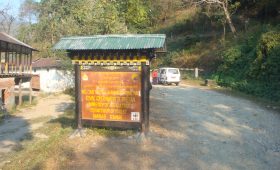The Cradle of Humankind: A Journey Through Time
Located just northwest of Johannesburg, the Cradle of Humankind is a UNESCO World Heritage Site that offers a deep dive into our evolutionary past. This area, spanning approximately 47,000 hectares, is home to over 200 caves and 13 well-explored fossil sites. It’s a place where history and nature converge, providing a unique experience for those interested in the origins of humanity.
Unearthing Our Ancestors
The Cradle of Humankind is renowned for its archaeological significance. It is here that the Homo Naledi, a previously unknown hominid species, was discovered in 2013. These findings, along with other significant fossils, have reshaped our understanding of human evolution. Walking through this area, you can almost feel the presence of our ancient ancestors.
Exploring the Sterkfontein Caves
The Sterkfontein Caves are a highlight of any visit. Guided tours take you through this extensive limestone cave system, where many early hominid fossils were discovered. The tour covers a 2 km walk, showcasing stunning stalactite and stalagmite formations. The site also features a museum, a restaurant, and a shop, making it a comprehensive educational experience.
Maropeng Visitor Center
After exploring the caves, head to the Maropeng Visitor Center. This center offers interactive exhibits that trace the story of human evolution. The “Tunnel of Time” is a standout feature, providing a timeline of our planet’s history. The center also includes a short underground boat ride, a coffee shop, and a souvenir shop. It’s an enlightening stop for anyone curious about our origins.
Nature and Wildlife
Beyond its historical significance, the Cradle of Humankind is a haven for nature enthusiasts. The landscape features rolling hills, open grasslands, and picturesque valleys. It’s an ideal setting for those who appreciate the beauty of the natural world.
Wildlife Encounters
The area is home to a variety of African wildlife. While it’s not a traditional safari destination, you can still spot species like zebras, giraffes, and wildebeests. The nearby Rhino & Lion Nature Reserve offers more structured wildlife viewing opportunities, including the chance to see predators like leopards and cheetahs.
Outdoor Activities
For those seeking adventure, the Cradle offers several outdoor activities. Hiking trails provide panoramic views of the surrounding landscape. For a unique perspective, consider a hot air balloon ride. These activities offer a chance to connect with nature while enjoying the area’s stunning vistas.
Practical Information
Best Time to Visit
The ideal time to visit is during the South African winter months, from May to September. The weather is mild, and the vegetation is less dense, making wildlife easier to spot. The rainy season, from November to February, can hinder outdoor activities due to heavy downpours.
Getting There
The Cradle of Humankind is about an hour’s drive from Johannesburg. From the N1, take exit 80 Roodepoort and follow Hendrik Potgieter Road north. This road becomes the N14, leading directly into the Cradle. Renting a car is recommended for flexibility, but organized tours are also available.
Local Transportation
Once there, having a car is the best way to explore. It allows you to visit various attractions at your own pace. If you don’t have a car, local taxis or ride-hailing services like Uber are options, though planning ahead is advised to avoid inconvenience.




